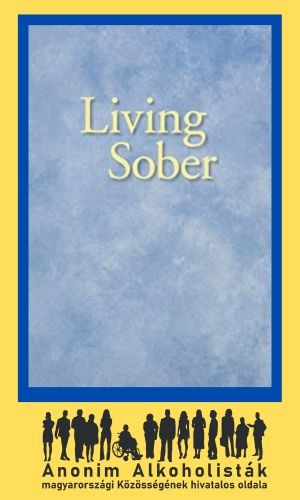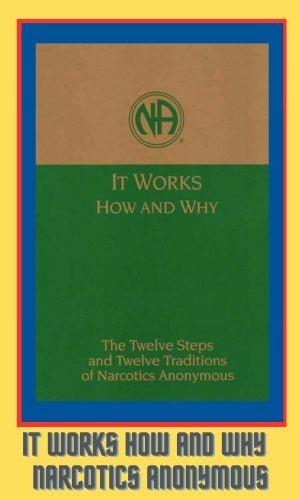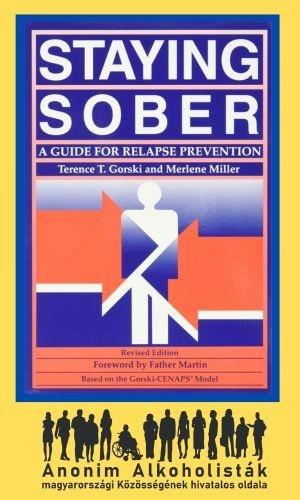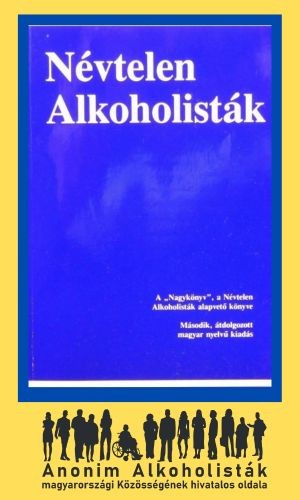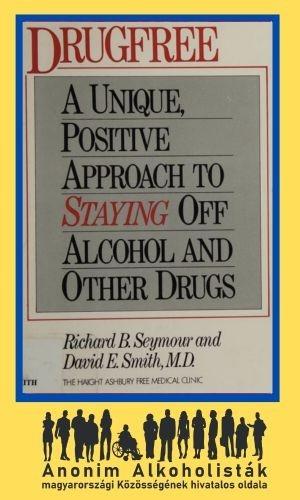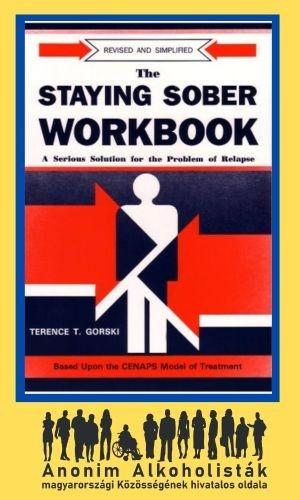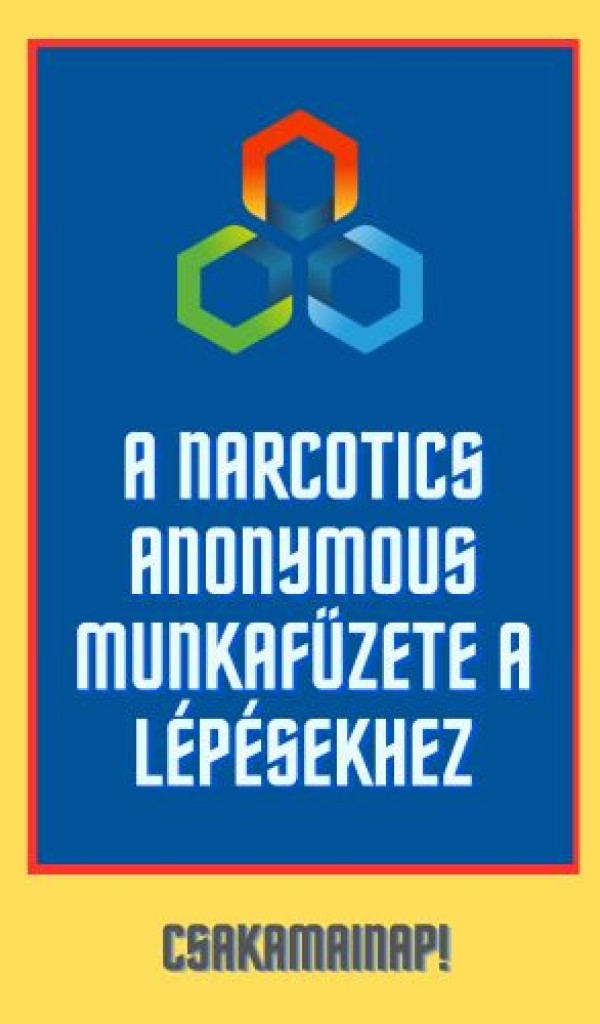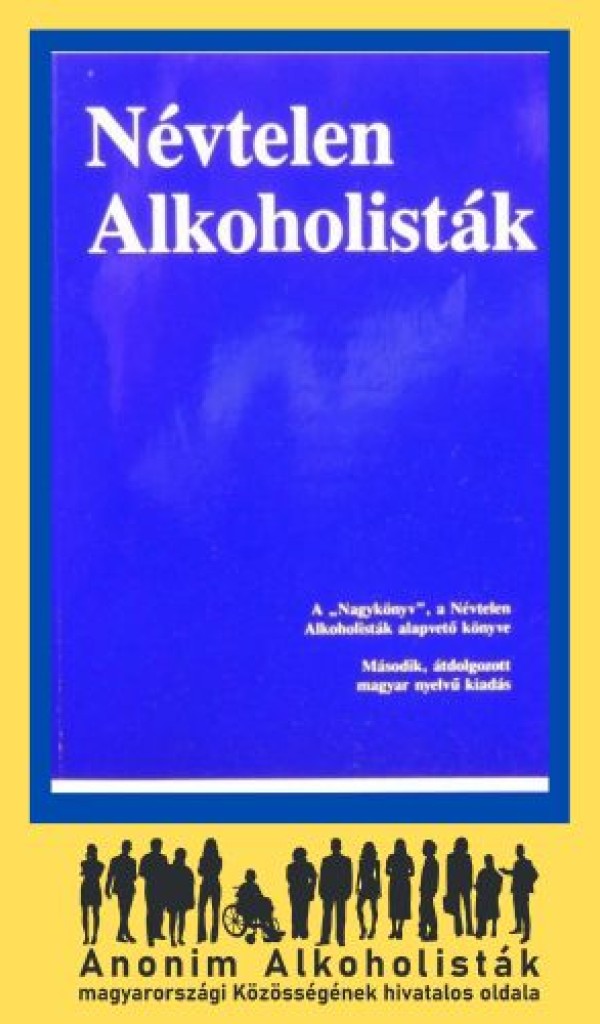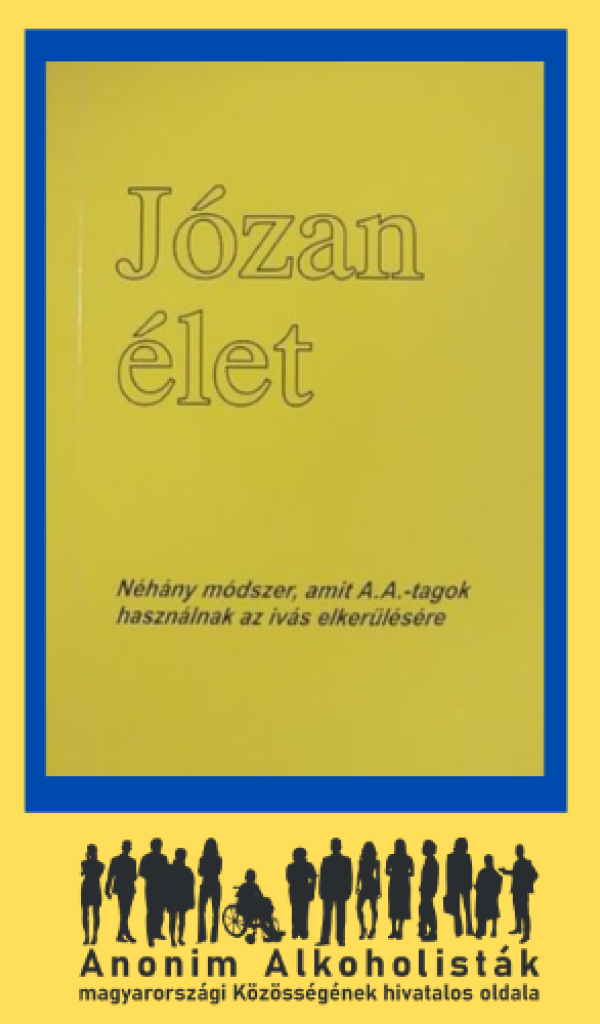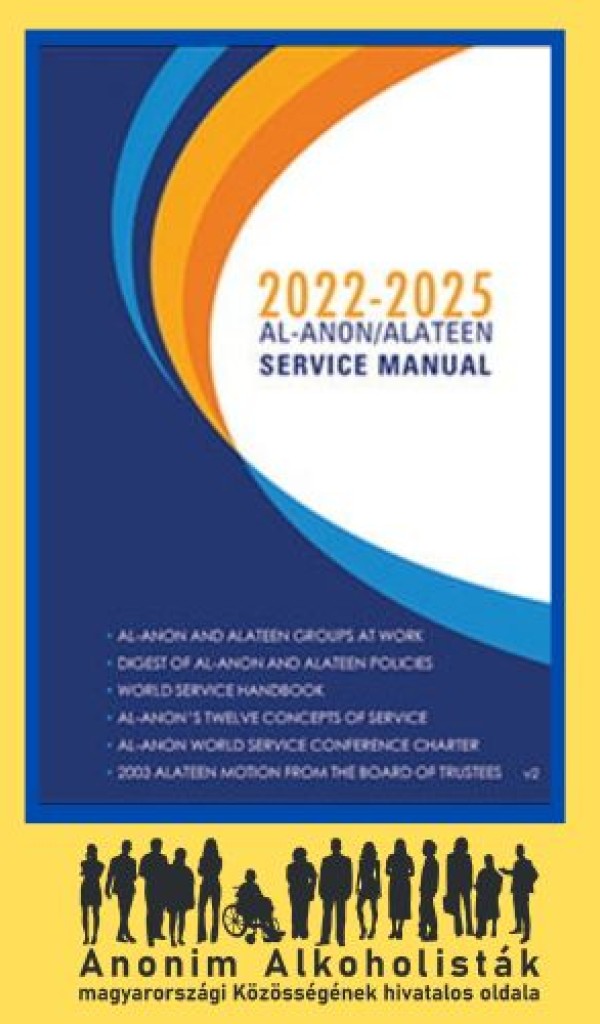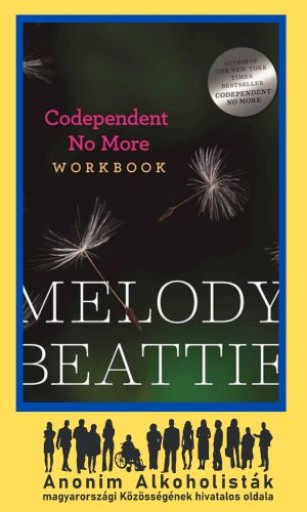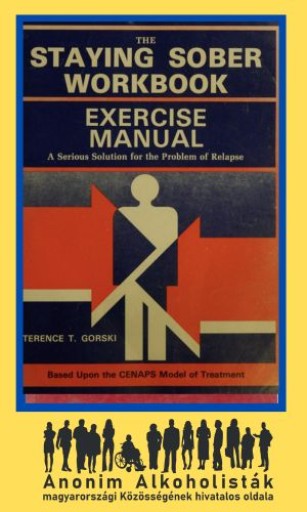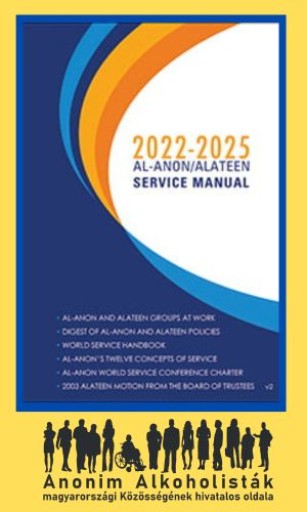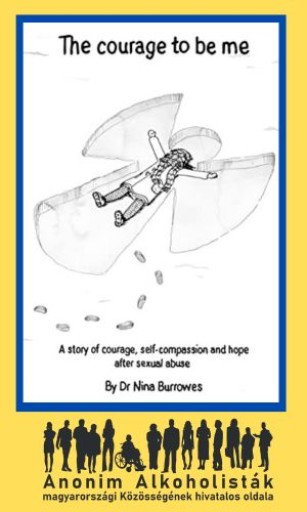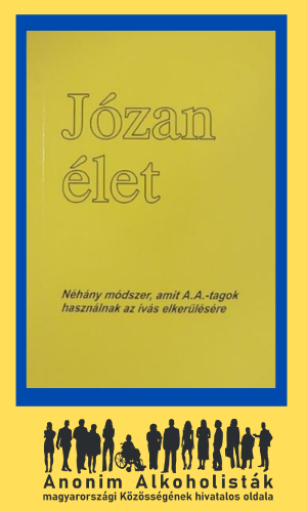Disease awareness
Alcoholism is a serious, progressive and incurable disease, usually fatal, but it can be kept asymptomatic with conscious changes in thinking and lifestyle. Above all, addicts participating in the Programme will learn about the characteristics of their disease, thus freeing themselves from the prejudices and misconceptions that dominate society about alcoholism and alcoholics. They learn to see themselves as chronic patients in need of help, rather than as people to be looked down upon, which helps them to regain their basic self-esteem. At the same time, they overcome the common illusion among alcoholics and their families that the disease can be conquered through sheer willpower.
Self-awareness
In all cases, alcoholism is caused by physical, psychological and human relational factors that go beyond the symptoms that are obvious to everyone. Group therapy reveals the distortions of the addict's mindset and personality, the dysfunctions of an unhealthy environment (family), exposes the addict's "life game", helps develop new coping strategies and habits, and fosters the hopeful and life-affirming attitude that is essential to developing and living a sober lifestyle.
A community of sorrows
One of the most common experiences of caring for alcoholics is that people with the same illness are able to help each other more effectively than any outside influence. A key element of the programme is to bring together patients who want to get sober and their fellow patients who have been on the road to sobriety for years. Older" and "younger" sober people share their experiences with each other, giving newcomers a sense of authenticity. Living together, adapting to each other and talking openly about the most sensitive issues creates a special atmosphere of intimacy and trust, an experience unknown to most patients.
Reintegration
Experience has shown that, with no change of mindset, a return to the old environment is followed by relapse because the patient can only cope with the known stress in the familiar way (alcohol). Alcoholism is a disease of the whole family, and the sick family does not change because the alcoholic stops drinking. It is therefore necessary, firstly, to help the alcoholic to stay sober in the face of unchanged external problems - two means of doing this are coaching in therapy and, more importantly, encouraging ongoing contact with Alcoholics Anonymous (AA). On the other hand, if family members are cooperative, it is necessary to involve them in the therapeutic process - to this end, we also try to maintain contact with family members of alcoholics and organise programmes for them.
Discretion and freedom of conscience
Participation in the programme is voluntary and the names and details of the people who stay with us will not be disclosed to third parties. The principle of the Programme is to respect freedom of conscience, not to force anyone to do anything, but to give them the opportunity to learn about a sober way of life. In the group sessions, everyone talks about themselves, their own experiences or feelings, and there is no agitation of any kind. The key to recovery is the alcoholic's conscious, personal choice to follow a sober living programme.











